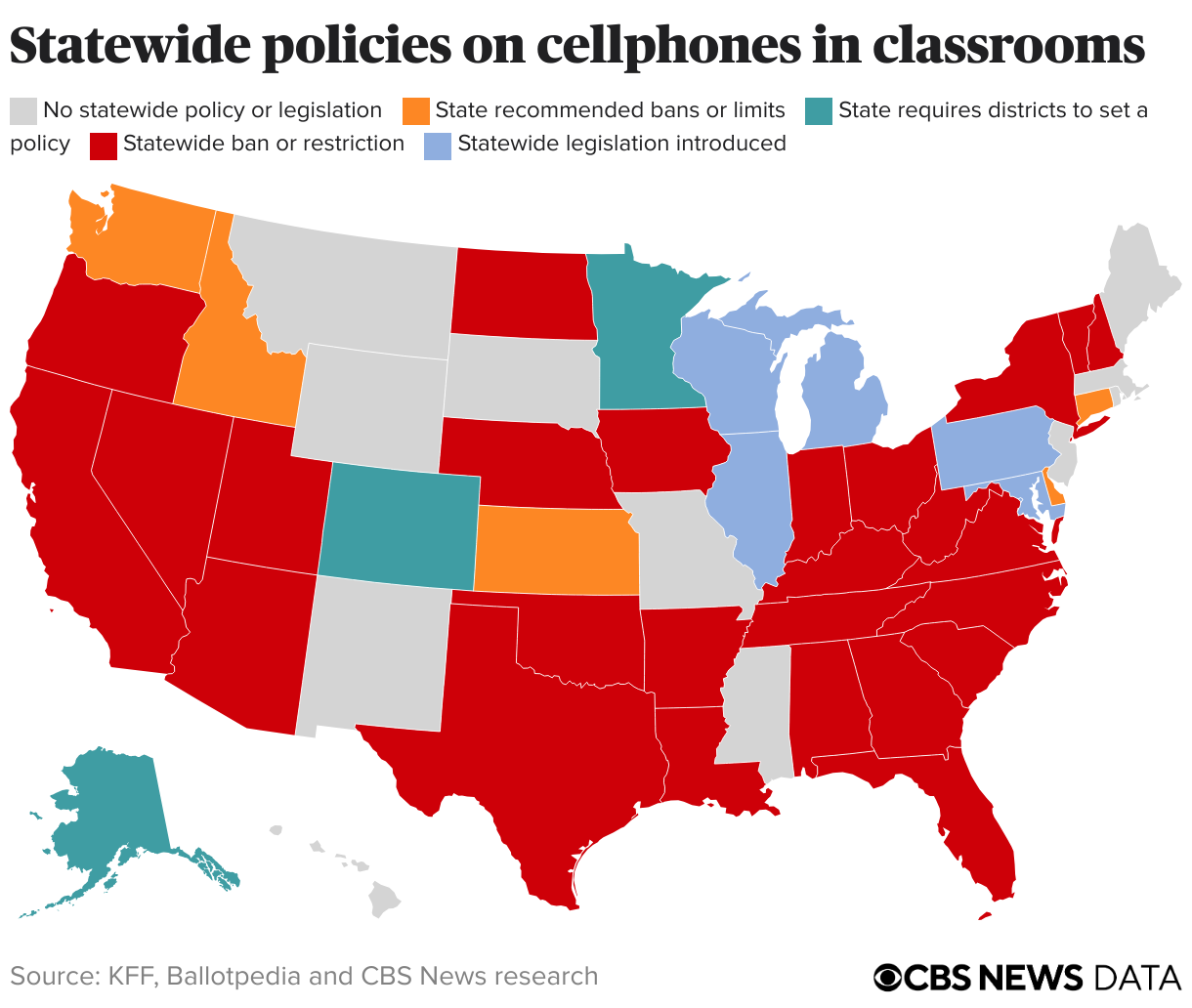
Screen time doesn't just affect mental health. It may also take a toll on the physical health of children and teens, according to new research.
Published in the Journal of the American Heart Association Wednesday, the research found 10- and 18-year-olds who spent more time focused on devices, including phones, televisions, computers and gaming consoles, were at higher risk for cardiometabolic diseases, including high blood pressure, high cholesterol and insulin resistance.
The study used data from more than 1,000 participants in two Danish studies. Researchers gave a score to each participant representing their risk for the diseases compared to the average risk of the group, measured in standard deviations, with 0 meaning average risk and 1 meaning one standard deviation above average.
Each extra hour of screen time increased the patient's overall risk by about 0.08 standard deviations in 10-year-olds and by 0.13 standard deviations in 18-year-olds, the study's authors said.
"It's a small change per hour, but when screen time accumulates to three, five or even six hours a day, as we saw in many adolescents, that adds up," lead author David Horner, a researcher at the University of Copenhagen in Denmark, said in a news release.
Researchers found 18-year-olds were on devices about 6 hours a day, on average, while 10-year-olds averaged 3 hours a day.
They also found sleep impacted the results, with both less sleep and later bedtimes amplifying the relationship between screen time and heart health risks. That suggests screen time may harm health by "stealing" time from sleep, they said.
"Limiting discretionary screen time in childhood and adolescent may protect long-term heart and metabolic health," Horner said. "Our study provides evidence that this connection starts early and highlights the importance of having balanced daily routines."
The research was observational, meaning it found associations rather than proved cause and effect. It also had some limitations, including that participants self-reported screen time, which might not accurately reflect how much time they were actually on devices.
It adds to a growing body of research about the possible effects of screen time and digital devices on young people's health and well-being. In 2023, the U.S. surgeon general urged parents to create "tech-free zones" for kids.
More than half of states now have laws in place to restrict or ban cellphones in schools, and several more have proposed similar legislation.











-3.png)



